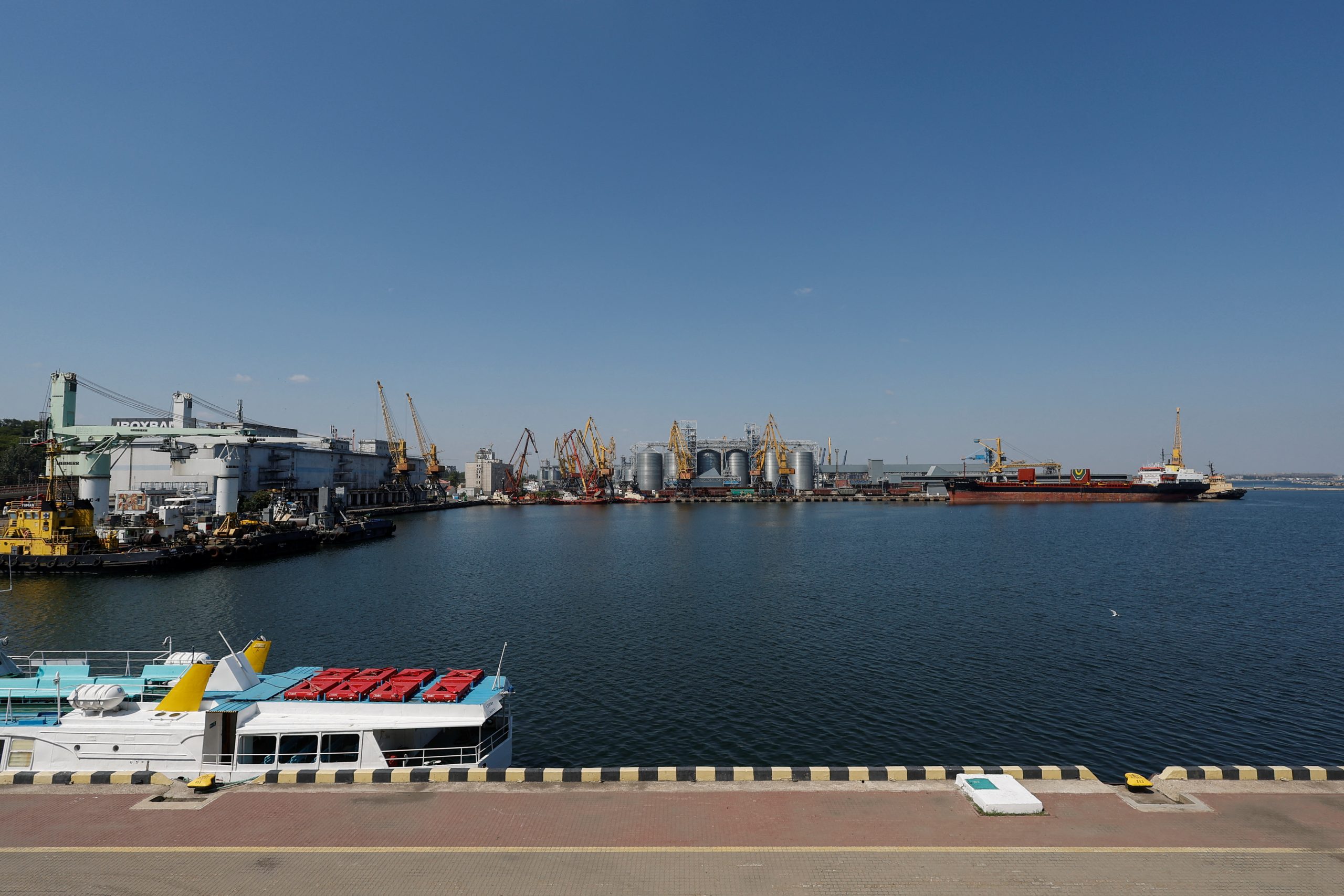
Lauren C. Moye, FISM News
[elfsight_social_share_buttons id=”1″]
Moscow faces fresh accusations of weaponizing food after the nation pulled out of the Black Sea grain deal on Saturday.
Because Ukraine is a global leader in grain exports, including wheat and sunflower oil, the deal was an important measure to stave off global starvation by unlocking exports. The war, by blocking exports from the Black Sea, played a role in bringing almost 47 million people into the stage of “acute hunger,” according to the United Nations World Food Programme, before the signing of the deal.
The deal was signed on July 22 and was valid for 120 days, which would end in mid-November. The agreement allowed a joint inspection team from Ukraine, Russia, and Turkey to ensure that transport ships were not smuggling in additional weapons to Ukraine.
However, Russia announced on Saturday they were pulling out of the deal early.
Russia’s defense ministry said that their Black Sea Fleet was attacked by 16 Ukrainian drones on Saturday morning. They accused British navy “specialists” of helping coordinate what they described as a terrorist attack.
Moscow said the attack had been repelled, but that the vessels involved were part of ensuring safe passage for the grain transport ships. They reported minor damage to a minesweeper.
Britain has decried these allegations as false.
The announcement renewed cries that Moscow is weaponizing food in their war with Ukraine.
In separate Tweets, Ukrainian Foreign Minister Dmytro Kuleba called it a “false pretext” and said that Russia had planned to “resume its hunger games long ago and now tries to justify it.”
Ukrainian presidential office’s chief of staff, Andriy Yermak, described it as “primitive blackmail.”
In a Saturday video address, Ukraine’s President Volodymyr Zelensky questioned why “a handful of people somewhere in the Kremlin” could decide whether people in poorer African countries could eat. He urged “a strong international response” against Russia.
U.S. leaders responded with a vehement repudiation.
“Any act by Russia to disrupt these critical grain exports is essentially a statement that people and families around the world should pay more for food or go hungry. In suspending this arrangement, Russia is again weaponizing food in the war it started,” stated Secretary of State Antony Blinken.
President Joe Biden urged Russia to reconsider its suspension of the deal, calling it “purely outrageous” and without merit.
Russia’s ambassador to Washington pushed back against the U.S. rhetoric as being “truly outrageous” for not calling out Kyiv for reckless actions.
“All the indications that the British military specialists were involved in organizing the massive strike with the use of drones, are disregarded,” added Ambassador Anatoly Antonov on the Telegram messaging app.
“Russia’s decision to suspend participation in the Black Sea deal puts at risk the main export route of much-needed grain and fertilizers to address the global food crisis caused by its war against Ukraine,” said EU foreign policy chief Josep Borrell, before urging Russia to reverse its decision.
On Saturday, the Russian state-owned TASS news agency reported that Russia was prepared to supply up to 500,000 tons of grain to the poorest countries over the next four months with assistance from Turkey.
Earlier this week, U.N. aid chief Martin Griffith reported that more than 9 million tons of grains and other food products have been exported since July 22.
The U.N. had hoped to extend the grain deal.
Russia has also accused the British navy of sabotaging the Nord Stream gas pipelines last month. London has also denied this charge.
